
Let’s face it: these days, sustainability sells. Consumers are increasingly becoming aware of the impact of their purchases on society and the planet. However, unbeknownst to many, everyone has different perceptions of what is “sustainable” and “ethical.” The type of sustainability matters to consumers. As a brand, it’s important that your sustainable efforts are transparent. With the rise of conscious clothing brands in the market, how can you stand out?
Luckily, there’s good news – certain types of certifications exist to give consumers a sense of which brands meet certain sustainable standards. From environmental initiatives to the wellness of the people who make your clothes, being certified “sustainable” (whatever that means for you) ensures trust and quality for the eco-conscious consumer.
With so many choices, we know you’re asking yourself: which one should you go for? That would depend on what you care about. We’re here to help you understand the different types of certifications, who they are for, and brands that are recognized for them.
GOTS (Global Organic Textile Standard)
What it is: The Global Organic Textile Standard (GOTS) is the worldwide leading textile processing standard that ensures textiles are organic at every stage of the product life cycle – from seed to final product. The certification process must meet their strict standards for organic raw materials (meaning no toxic dyes/heavy metals), water and energy usage, labor, and packaging, and distribution. A GOTS stamp of approval ensures a trustworthy and reliable product for the consumer. You can read more about the certification process here.
This certification is best for identifying brands that are committed to sourcing organic materials.
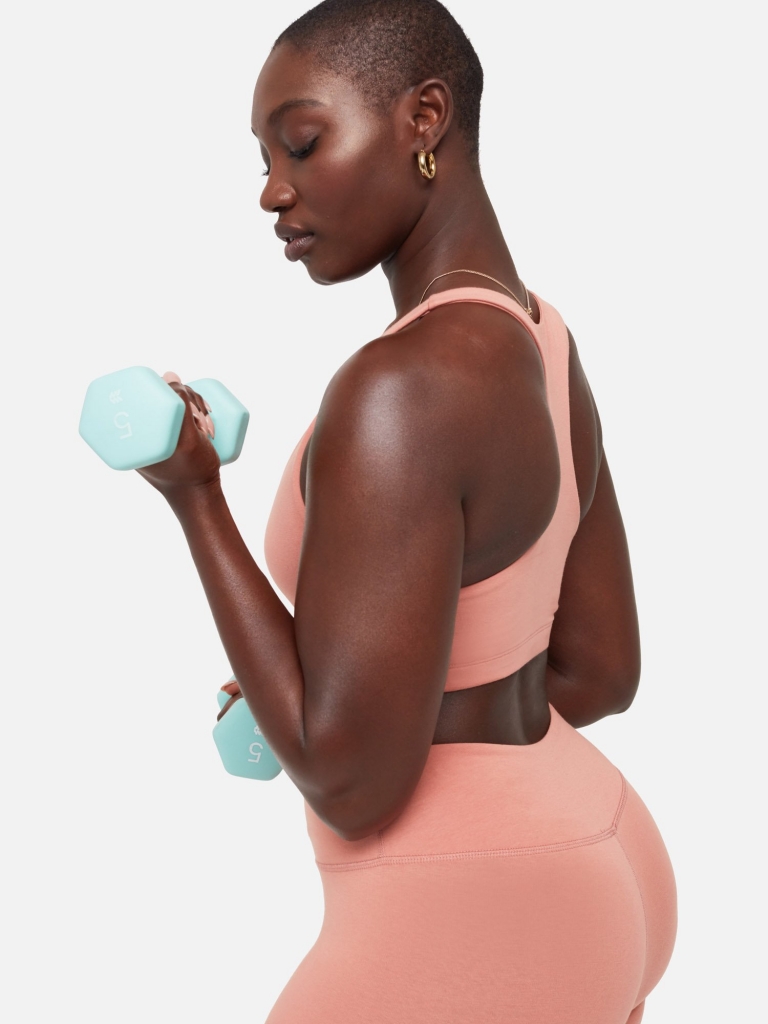
in Los Angelos. Image Credit: Mate The Label
Brands recognized: Pact, MATE The Label, Amour Vert
Certified Fair Trade
What it is: A Fair Trade certification is given to brands that prioritize worker safety and fair pay. Covering sectors of food and apparel, brands that carry a Fair Trade seal are committed to paying farmers a minimum price, protecting them if the market price falls, and building sustainable livelihoods to empower and uplift their communities. For apparel and home goods, standards include fair prices and wages, safe working conditions, and sustainable production. By becoming Fair Trade certified, you are signaling your customers and employees that you are committed to fair business practices. You can apply to become Fair Trade Certified by completing Fair Trade USA’s online application form here.
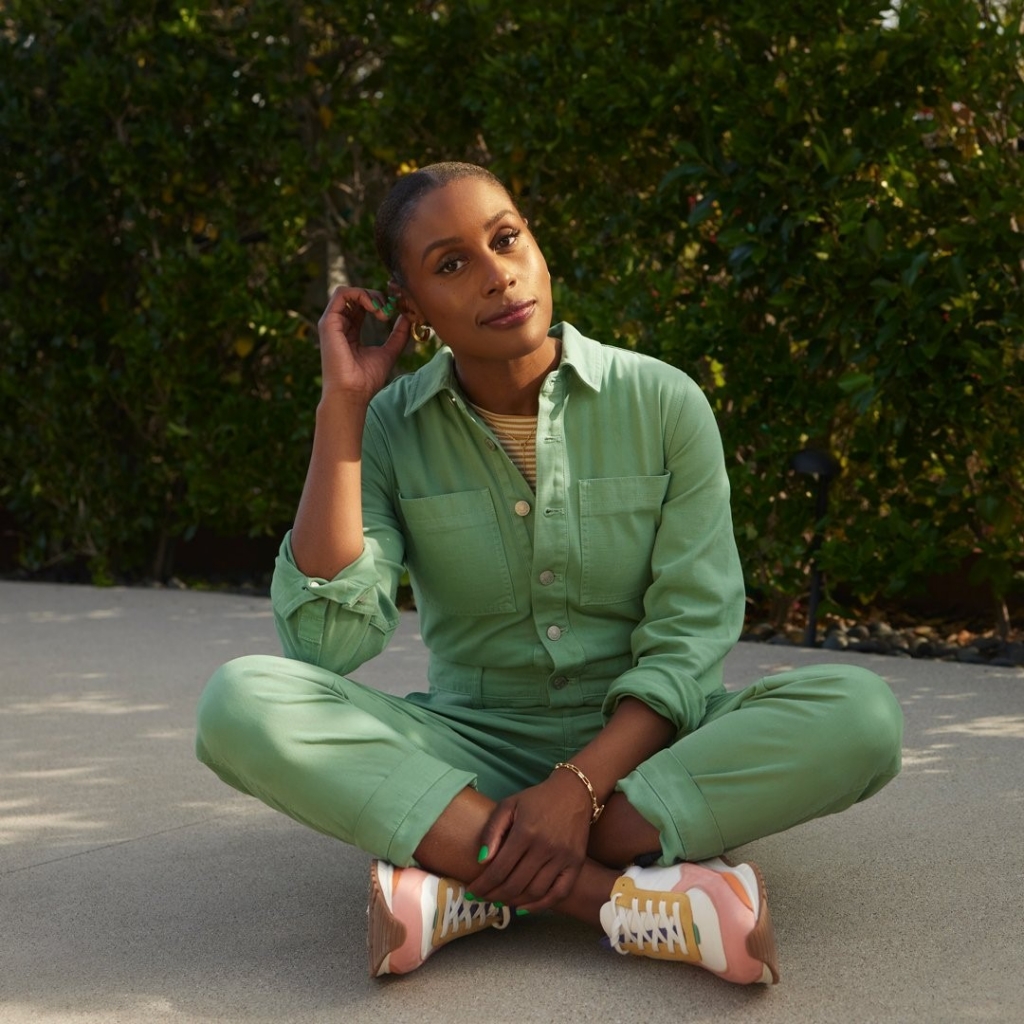
Brands recognized: Madewell, Athleta, ABLE
Eco-Packaging Alliance
What it is: Eco-Packaging Alliance is a global community of sustainable businesses that aim to minimize their impact on the environment. Created by sustainable packaging brand noissue, the Alliance is meant to further offset the impacts of packaging and positively contribute to global reforestation. Every time an order is placed, a customer can choose to plant a tree through their partner One Tree Planted. So far, the Alliance has planted 13,000 trees worldwide. With millions of packaging ending up in waste each year, reducing your plastic use in shipping and opting for sustainable packaging is a great option for your brand and the Earth.
Unlike the certifications above, all you need to do is order your sustainable packaging through noissue and you’ll be eligible to join the Eco-Packaging Alliance. Once you’re in, you can add a badge to your site to show your customers!
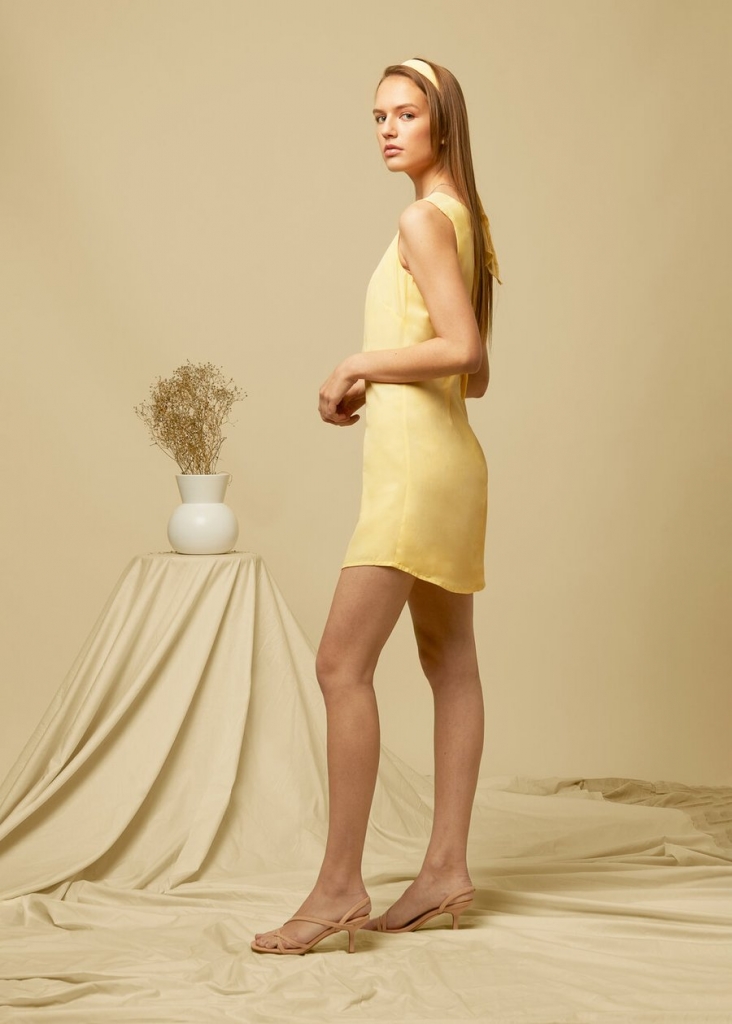
Brands recognized: Holen Apparel, Treball Active, Rendezvous the Label
Remake Approved
What it is: Remake is a non-profit organization that sheds light on human rights violations and climate injustice brought by the fashion industry. Through investigative research and reporting, Remake creates free resources for the public to make better sustainable choices. Their Seal of Approval goes beyond making sure things are doing as little harm as possible and instead tackles the future wellbeing of makers and the planet. With input from human rights, climate, water, and waste experts, brands receive a score between 1 to 100, needing at least 50% to be added to their glossary of sustainable brands. What’s great about this initiative is that when a brand scores less than 50 points, Remake reaches out to them to start a conversation and invites them to do better. If you want to be part of a highly regarded brand directory of sustainable fashion, you can learn more about their Seal of Approval here.
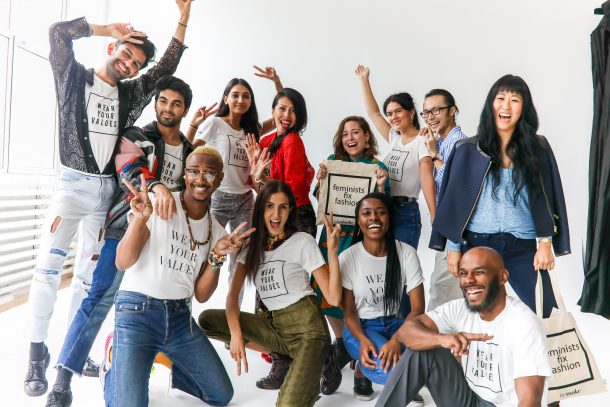
Brands recognized: Outerknown, Prana, Girlfriend Collective
Climate Neutral Certified
What it is: Climate Neutral is an independent non-profit organization that works to encourage businesses to decrease global carbon emissions with their certification. They do this by creating a simple set of accessible tools that help you have a solid estimate on how much carbon your brand emits, setting clear guidelines on carbon offsetting, and helping you to create a reduction action plan. If you are Climate Neutral Certified, it makes it easy for your target consumer to know that you have achieved zero net carbon emissions for all of the carbon your brand creates while making and delivering its products or services for a year.
Their certification cycle begins in January and takes up to three months to complete. Learn more about them here.
Brands recognized: Allbirds, Cape Clasp, Everbrand
1% For The Planet
What it is: 1% For The Planet is a network of companies and professionals that operates on a simple idea: because companies profit from the resources they take from the planet, they should also protect these resources. With this responsibility, members of this global movement pledge to give 1% of their sales back to the environment. In addition, they connect members with high-impact nonprofit partners that alight with their values to accelerate smart, environmental giving.
Want to give back? 1% for the Planet accepts not only businesses but individuals, too. To join, all you have to do is fill out a quick membership questionnaire and speak with an account manager. Learn more here.
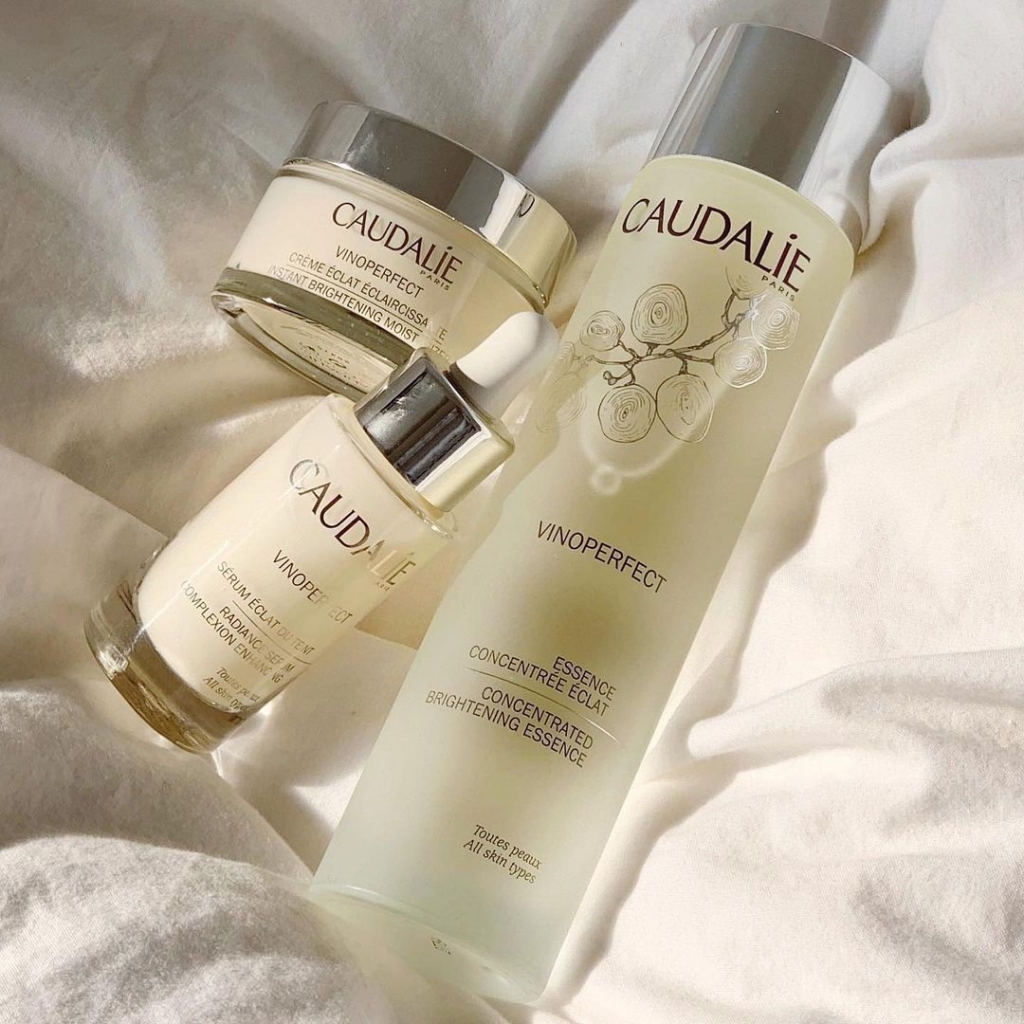
and the environment. Image Credit: Caudalie
Brands recognized: Patagonia, Caudalie, Coyuchi
Workplace Conditions Assessment
What it is: Intertek’s Workplace Conditions Assessment (WCA) is a program that provides a solution for brands seeking to improve workplace conditions in accordance with widely accepted industry standards. With a significant, positive shift towards greater transparency in workplace conditions, A WCA certification ensures that your brand adheres to strict guidelines regarding fair labor, wages, health, and safety. This is always a plus for your brand and your consumers.
To learn more about Intertek’s program, click here.

Image Credit: Sezane
Brands recognized: Wolven, Sézane
Global Recycled Standard
What it is: The Global Recycle Standard (GRS) is an international standard that meets the needs of companies looking to verify the recycled content of their products and responsible social, environmental, and chemical practices in their production. The goal of GRS is to increase the use of recycled materials in products and reduce the harm caused by its production. By getting certified, your brand can benefit from having better sustainable practices, more accurate labeling, and establish more transparency in the supply chain.
Owned by Textile Exchange, the certification standard is conducted through third-party certification bodies. Learn more about getting GRS certified here.
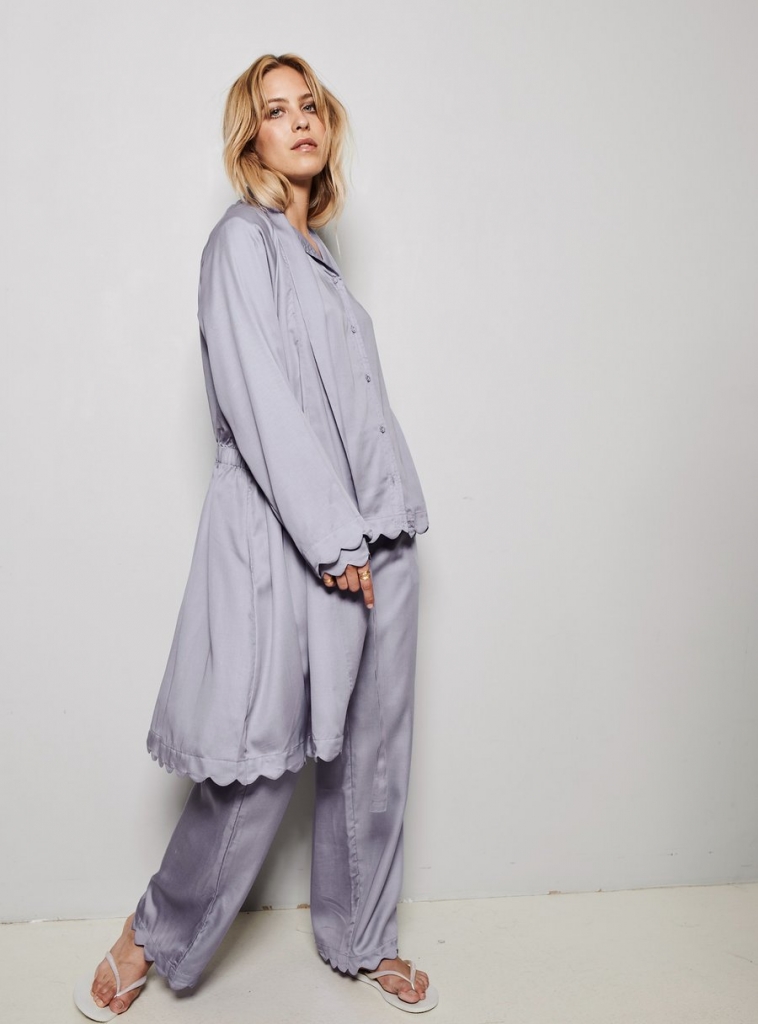
Image Credit: Underprotection
Brands recognized: SKFK, Knowledgecotton Apparel, Underprotection
Standard 100 by OEKO-TEX®
What it is: Introduced in 1992 with a focus on consumer health, Standard 100 by OEKO-TEX is a label for textile raw materials that are tested for harmful substances. This label certifies that your product is free of heavy metals, toxic dyes, carcinogens, and any other that are harmful substances prohibited by law. By having the Standard 100 label, you are giving your consumers confidence that every component of your product–from thread, zippers, buttons, linings, and more–is harmless for human health and the environment. OEKO-TEX has an extensive criteria catalog that is updated at least once a year with new scientific knowledge and requirements.
This certification goes beyond the fashion industry and is also applicable to upholstery, mattresses, and more. To learn more about the requirements your supplier has to meet to apply for a Standard 100 certificate, find out more here.
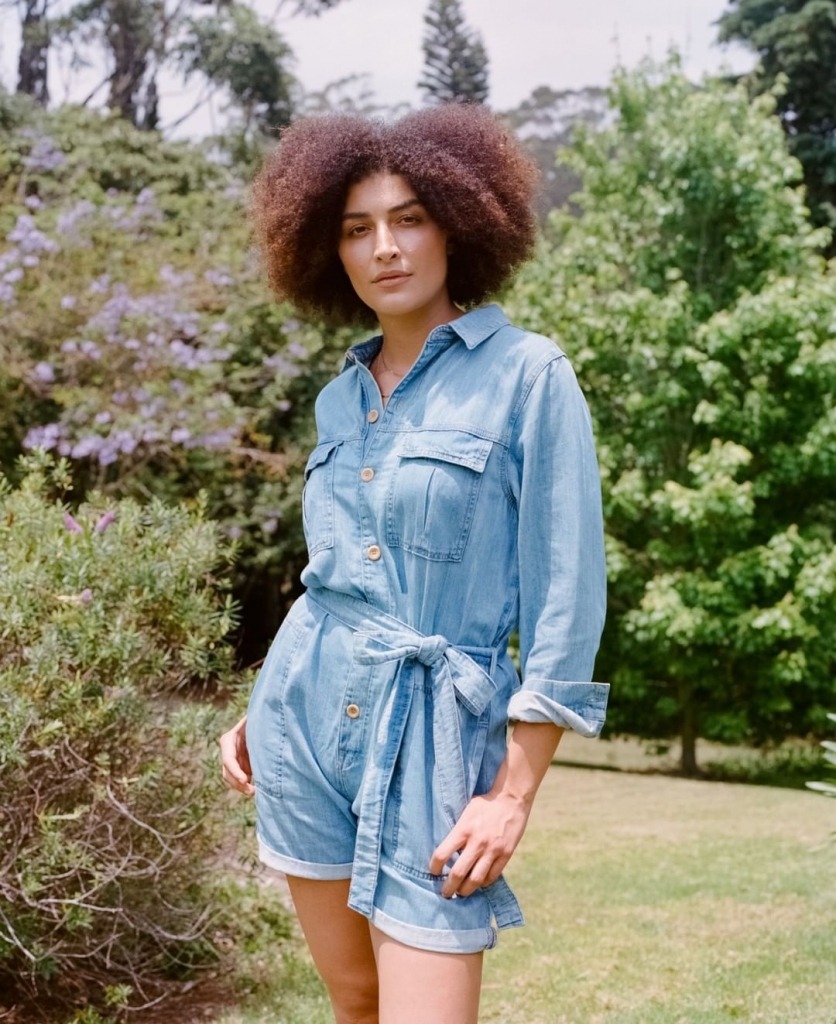
Image Credit: Outland Denim
Brands recognized: Grey State, Outland Denim, Boody
Positive Luxury
What it is: Positive Luxury is a company that acknowledges the sustainability efforts of luxury lifestyle brands. They created the highly coveted interactive stamp called “The Butterfly Mark” with a goal to close the trust gap between brands and consumers. This third-party accreditation promotes transparency by laying out a brand’s environmental performance. In addition, your brand must be on top of it all – equal pay, no harsh chemicals, no animal testing, eco-conscious, responsible sourcing, and charity. Once you pass, the interactive mark can be displayed on your website or packaging.
The Butterfly Mark earns you a place in a list of certified and trusted brands in the luxury community. Learn more about Positive Luxury here.

Brands recognized: Christian Dior, Kenzo, Ocean + Main
PETA Approved Vegan
What it is: The PETA-Approved Vegan logo aims to highlight clothing made of vegan alternatives to animal-derived materials such as leather, fur, and silk. By having this stamp, you are helping your consumers identify vegan items at a glance and make purchases that align with their values. PETA also offers a lot of flexibility in applying the logo. As a brand, you can certify a sole vegan product, a vegan collection, or an entire brand. To apply, all you need to do is complete a questionnaire and have your supplier complete a statement of assurance, which will then be reviewed by PETA.
If this sounds like a great fit for your brand, learn more about it here.
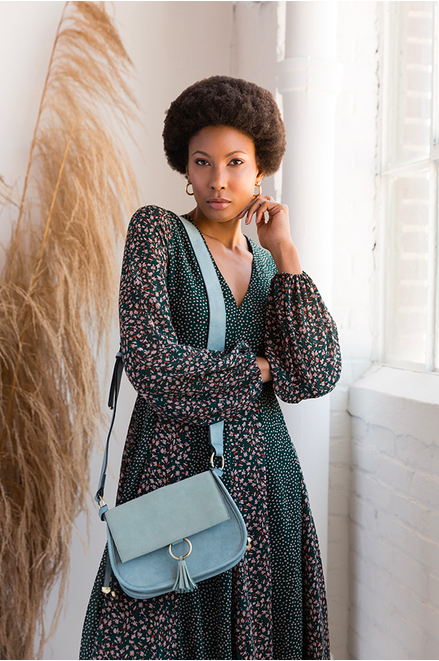
Brands recognized: Corkor, Doshi, Jen & Co
Certified B Corporation
What it is: Certified B Corporations are businesses that meet the highest standards of social and environmental performance, transparency, and legal accountability to “balance profit and purpose.” With the goal of building a more inclusive and sustainable economy, the certification process examines your brand’s business model and its impact on your workers, community, environment, and customers. Not only does being a Certified B Corporation prove the positive things your brand does, but it also commits you to consider long term impact by building it into your brand’s legal structure.
The Certification process and requirements may differ based on company size and structure. Visit their website to learn more.
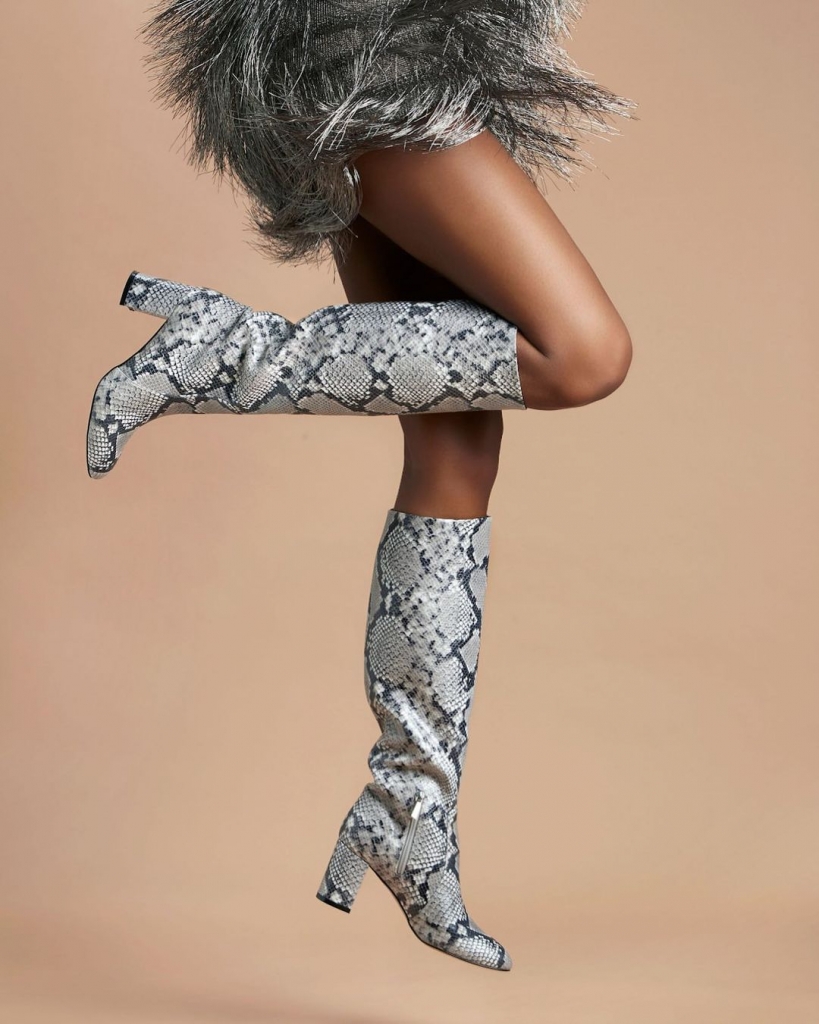
Image Credit: Aera
Brands recognized: Veja, Glam Corner, Aera
